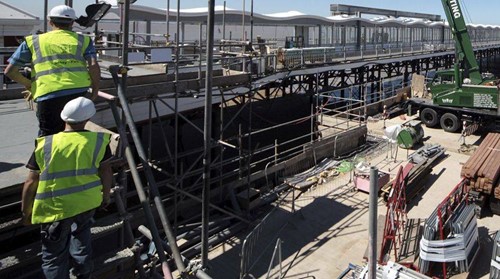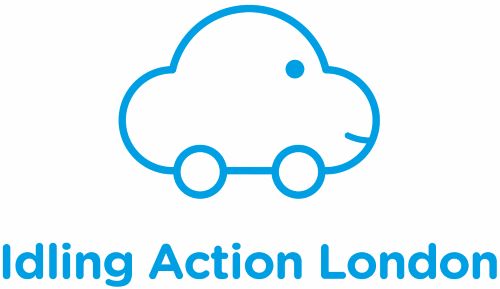The recent news surrounding the tragic death of a 23-year-old contractor on a site in Lincoln in January 2020 has highlighted once more the risks associated with working in the construction industry.
Opinion
No space for shortcuts
If there is any good to come from such a needless accident, lessons must be learned so that similar events can be avoided and the risks minimised to the lowest practical level.
While the Police and the Health and Safety Executive (HSE) investigate, little is known about the precise circumstances of this accident save that it is understood a sub-contractor became trapped beneath an overturned tipper.
Having worked on construction and industrial- related personal injury claims for several years, it is very likely that there have been serious failings, which have contributed to this civil engineer’s death.
The Law
As part of any workplace environment, there are duties which are owed by an employer and/or main contractor (among others) to ensure that appropriate safety measures and precautions are in place and adhered to during the course of the project.
 The majority of construction accidents are entirely preventable
The majority of construction accidents are entirely preventable
The overarching legal requirement to provide employees and contractors with a safe system of work is contained under the Health and Safety at Work Act 1974. This Act requires the provision and maintenance of plant and systems of work that are, so far as is reasonably practicable, safe and without risks to health.
Additional and specific responsibilities owed by employers or those in control of workplace environments are contained within workplace regulations.
When these are successfully implemented, the inherent risks associated with any site are minimised – even if they can’t be entirely eliminated. Despite common misconceptions, the duty of care that exists does not require the elimination of all risk.
Safety precautions are only expected to be reasonably practicable and are not designed to unduly hinder employment practices. However, the health and safety of employees must be paramount and so any breach of the duties owed to them must be strictly enforced.
Personal Injury Claims
Where sufficient precautions are not implemented or followed and someone is injured or killed as a result, it is highly likely that that the employer will be found to have been negligent and a claim in compensation will usually follow. Needless to say, the value of any claim will depend entirely on the circumstances and the severity of the injuries caused.
If negligent failings are established in this particular case, the family of the deceased are likely to initiate personal injury proceedings against the main contractor and/or the man’s direct employer.
While financial compensation will come as little comfort to those left behind, those responsible may face a substantial claim for damages (as well as the prospect of an HSE prosecution).
This is particularly the case where there are young children and/or a spouse who was financially reliant upon the deceased and had a reasonable expectation that this would continue into the future.
A claim will also usually include an element for what is known as ‘loss of services dependency’, which compensates for the fact that a deceased’s family will no longer enjoy the care and assistance he would have provided had he not been killed. This can comprise, for example, DIY, decorating and childcare.
Construction site accidents can occur in many ways, such as falling objects or falls from height, or injuries caused by a lack of, or defective workplace equipment. The vast majority of these accidents are entirely preventable where robust risk assessments are undertaken in accordance with the appropriate regulations and then enforced by those responsible. Sadly, I often see that shortcuts are taken and safety precautions fall away, particularly when deadlines loom.
Data produced by the HSE demonstrates that while fatalities are falling in the construction industry, the fatality rate is three times higher than in all other industries and that between 2016 and 2019 there remained, on average, 54,000 non-fatal work-related injuries each year.
Josh Hughes is senior associate and head of complex injury at Bolt Burdon Kemp
OPINION

ISO mental health standard needs a multi-disciplinary approach
By Phil Newton, Pinsent Masons LLP on 01 April 2022

Why your business should act on engine idling
By Jack Alexander, project officer, Idling Action London on 01 October 2021

The air we breathe is all our business
By Nicky O’Malley, director of corporate partnerships, Global Action Plan on 01 June 2023
Businesses have a vital role to play in improving air quality – and the UK’s Clean Air Day on 15 June is a great opportunity for companies to begin or renew their efforts in this area.



